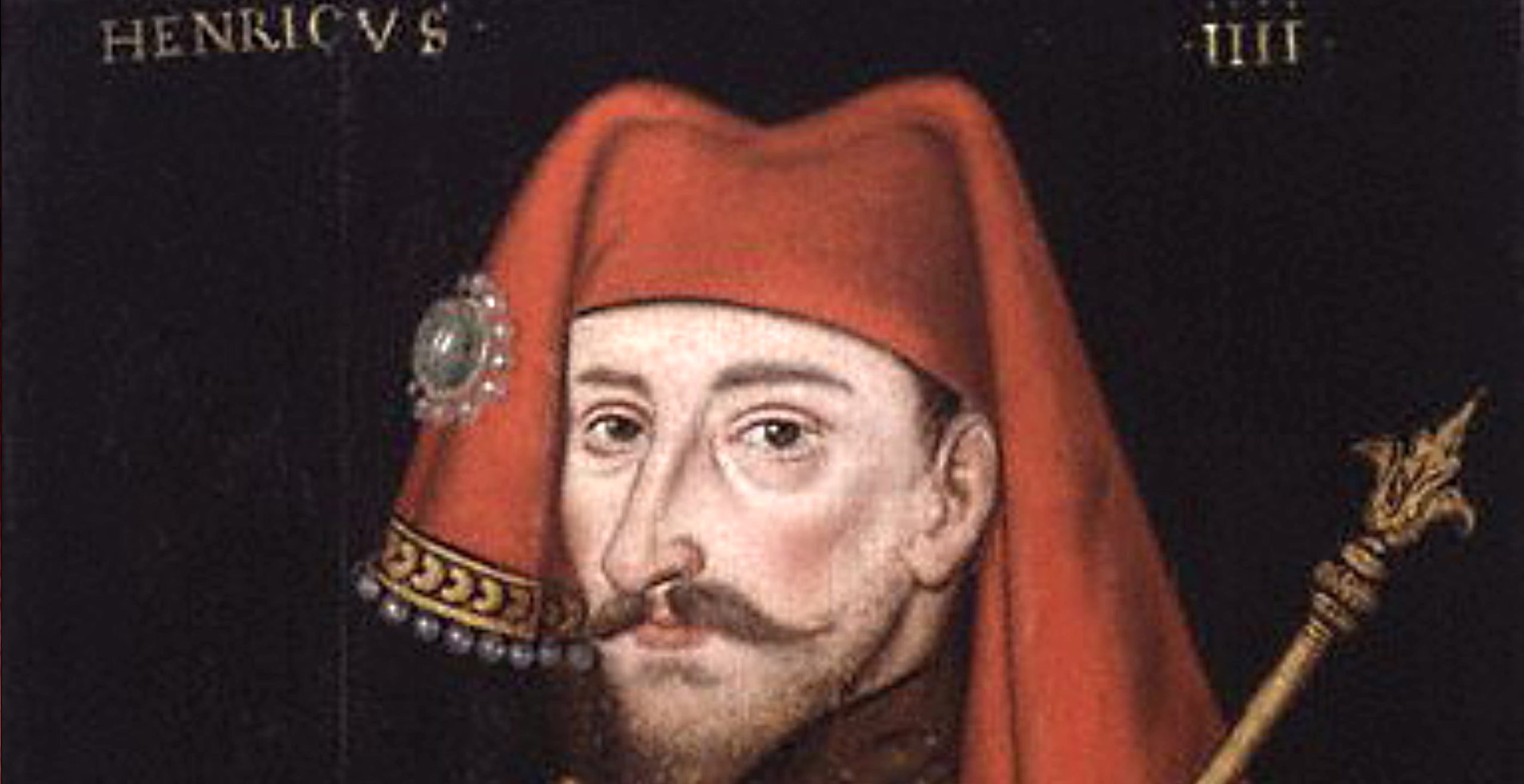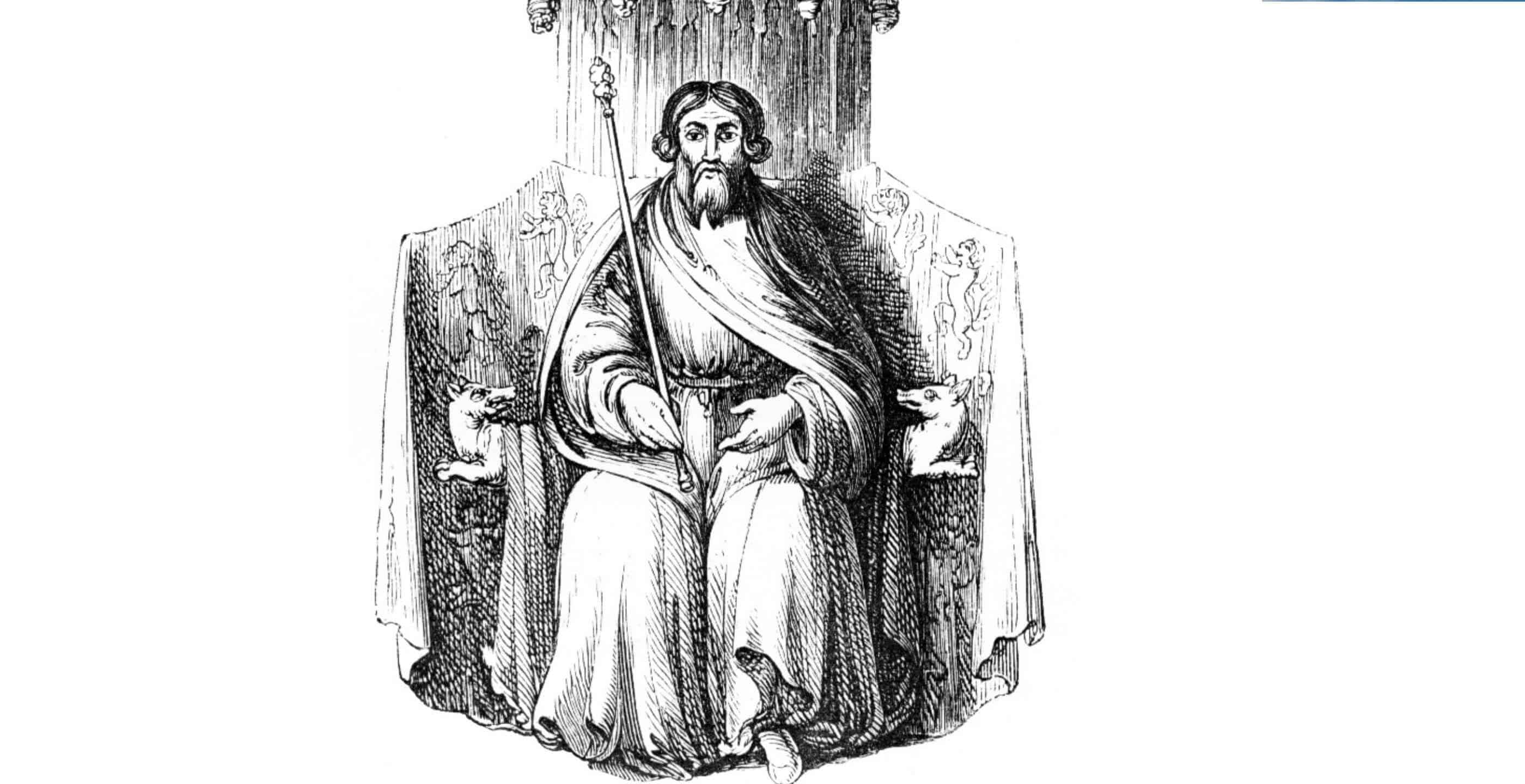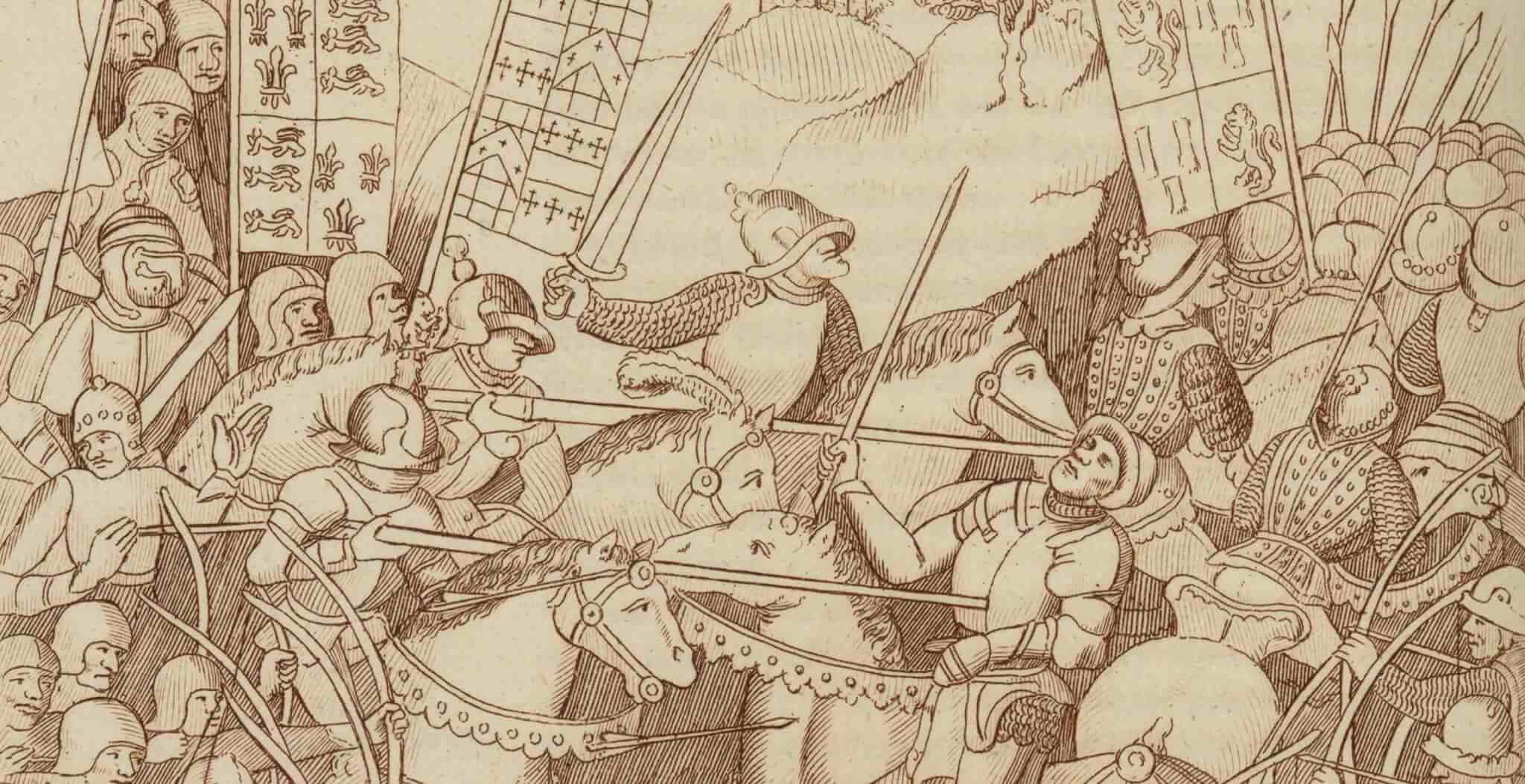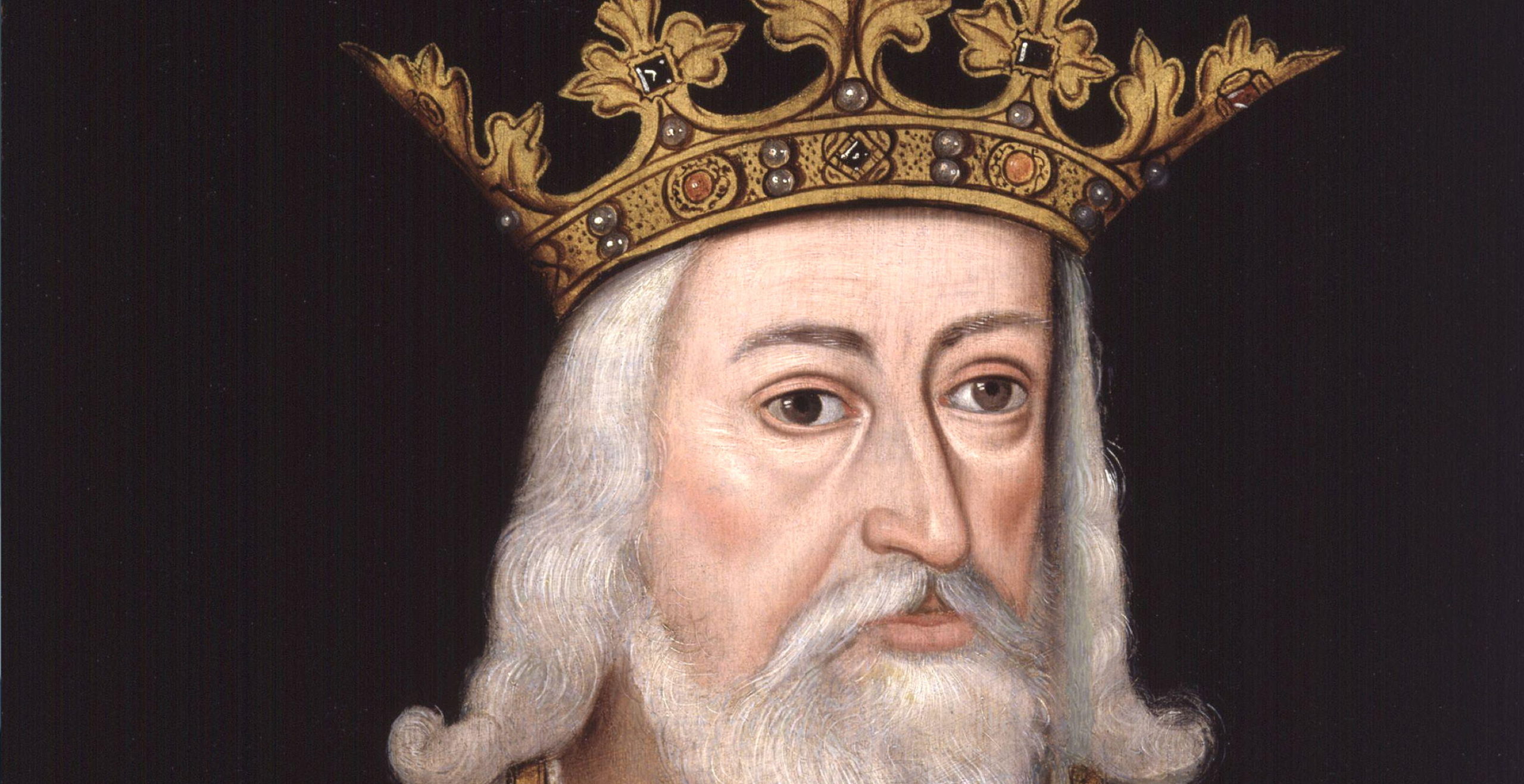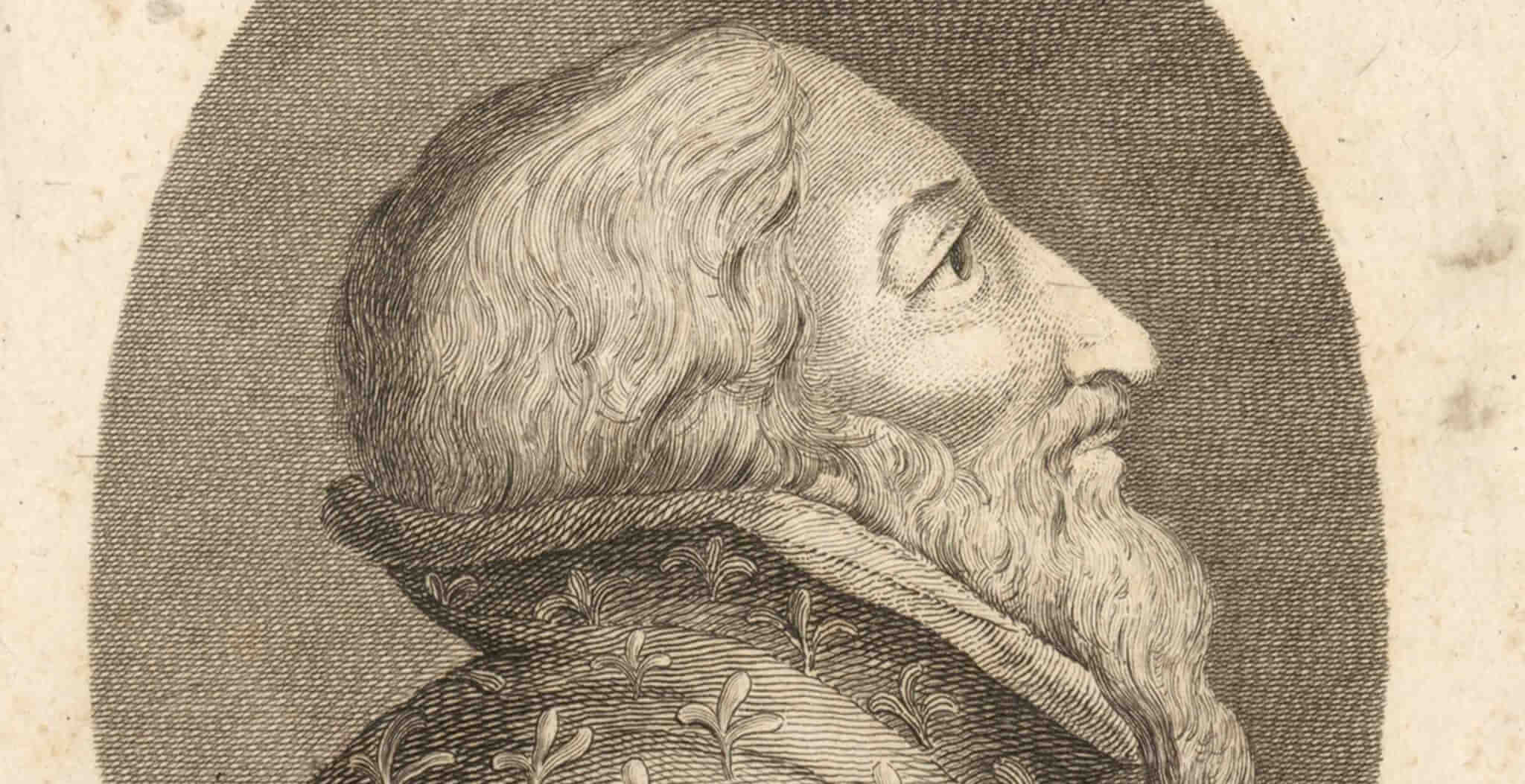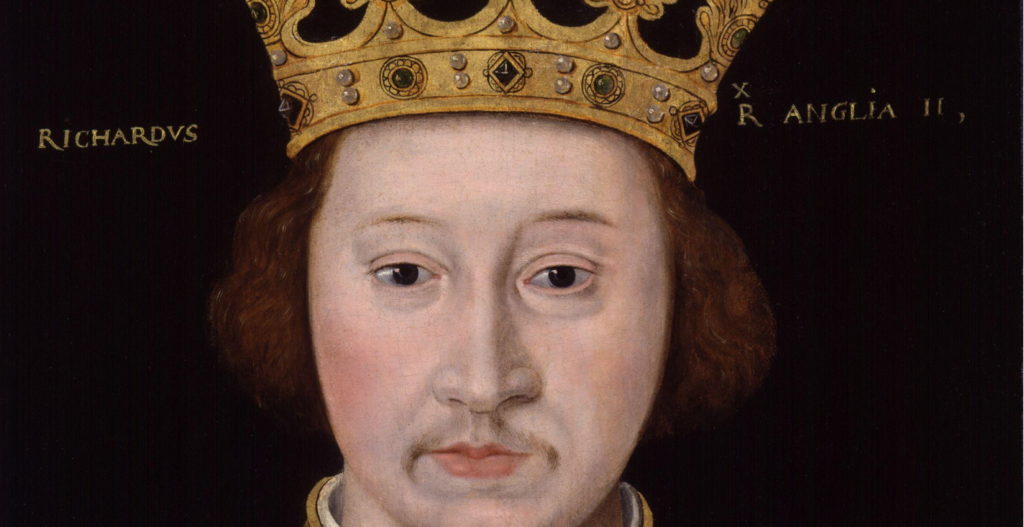The first and founding member of the House of Lancaster, Henry had successfully overthrown Richard II and consolidated his power to become King Henry IV of England in October 1399.
The son of John of Gaunt, he launched a successful comeback against the tyrannical rule of Richard II, securing his abdication and imprisoning him in Pontefract Castle.
Whilst Henry possessed all the qualities necessary to be a successful medieval king, his path to kingship as a usurpation rather than a hereditary succession would cast doubt over his legitimacy for the entirety of his rule.
Born in April 1367 in Bolingbroke Castle, his father was Edward III’s son, John of Gaunt whilst his mother was Blanche, the daughter of the Duke of Lancaster.
His father had managed to maintain his influence during the reign of Richard II, despite their acrimonious relationship. Henry meanwhile, had been involved in the revolt launched against Richard II when the Lords Appellants demanded reforms. Unsurprisingly, Richard thus viewed young Henry with suspicion and upon John of Gaunt’s death, withdrew Henry’s inheritance.
It was at this moment that Henry would launch a campaign to overthrow the king. Rallying his supporters as he did so, Henry was able to win over parliament, secure Richard’s abdication and be crowned King of England on 13th October 1399.
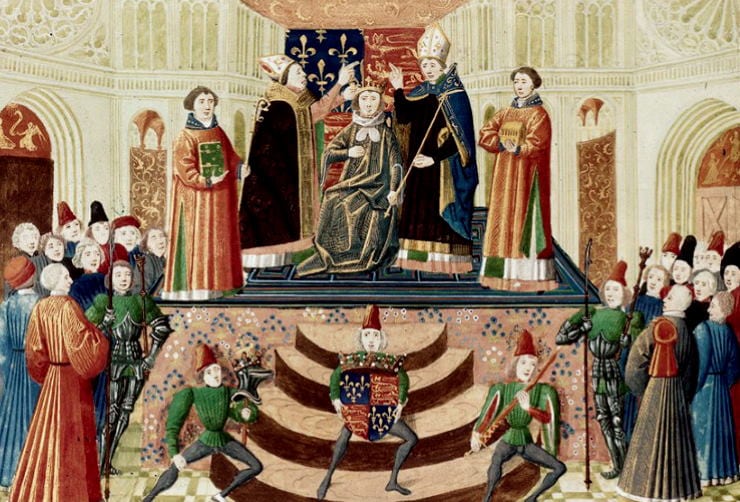
Only a couple of months into his reign, a plot against Henry involving several earls including those of Huntingdon, Kent and Salisbury was foiled. After discovering such a sinister plan against the new king, action was taken swiftly. They were executed, alongside thirty other barons who were also deemed rebels against the new monarchy.
Having dealt with the first challenge to his new position as king, his next test was what to do with Richard. As well as overthrowing a legitimate king, he had also bypassed Richard’s heir and a potential contender to the throne, Edmund de Mortimer who was only seven years of age at the time.
In February 1400, only a few months after Henry was crowned king, Richard’s mysterious death came as no surprise.
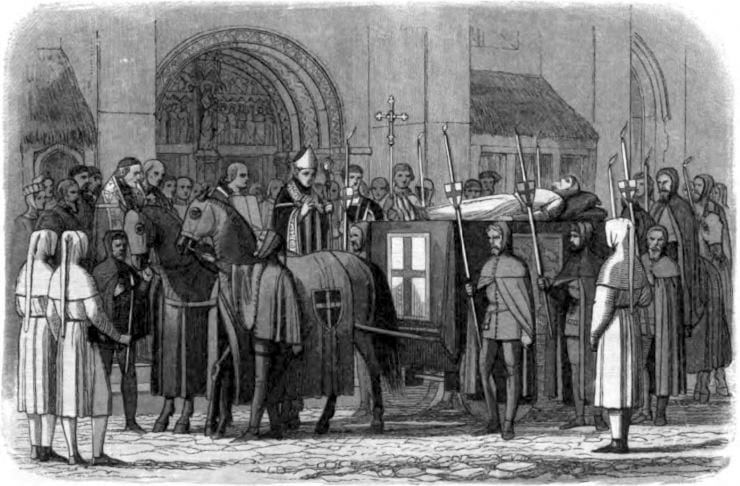
Richard’s body was subsequently displayed in St Paul’s Cathedral and made available for public viewing. The idea was to put to rest any ideas that Richard might secretly have escaped and be ready to seize the crown. It would also have been clear to any onlookers that he had not suffered any injuries and thus starvation, whether self-imposed or by any other means was the likely cause of death.
With Richard II dead, Henry’s remaining monarchical task was to consolidate his position and protect his reign from attack. In the thirteen years he would remain on the throne, he would be faced with plots and rebellions from a range of characters.
Most notably, Henry faced rebellion from the Welsh leader and self-proclaimed Prince of Wales, Owen Glendower who led a national uprising to overthrow the much resented English rule.
Owen Glendower, better known in Wales as Owain Glyndŵr was a prosperous man with several estates in Wales. He had in 1385 fought for Richard II in the campaign against Scotland, however in 1400 land disputes would quickly escalate into something far bigger.
Glendower was a man of great ambition, not just to overthrow the English rule but to extend Welsh power and take over England as far as the Trent and the Mersey. He posed a serious threat to Henry IV during his reign, not only due to his very large and ambitious projects but his ability to execute them.
He made sure he had support in the form of the French and the Scottish and even went about securing the establishment of a parliament in Wales.
In 1403, a strategic alliance was formed between Glendower and Henry Percy, the Earl of Northumberland and his son, Henry, known as Hotspur. This provided one of the toughest of Henry’s challenges when he faced this new allegiance at a battle in July the same year, just outside of Shrewsbury.
The Percy family were an extremely important family, who had supported Henry in his ousting of Richard II, however their relationship soon soured when the family did not feel they had been duly rewarded for their services.
Henry had in fact promised many of the loyal families land and money as well as certain privileges in return for their support. In fact, young Henry “Hotspur” Percy, was still awaiting payment for previously fighting against Glendower.
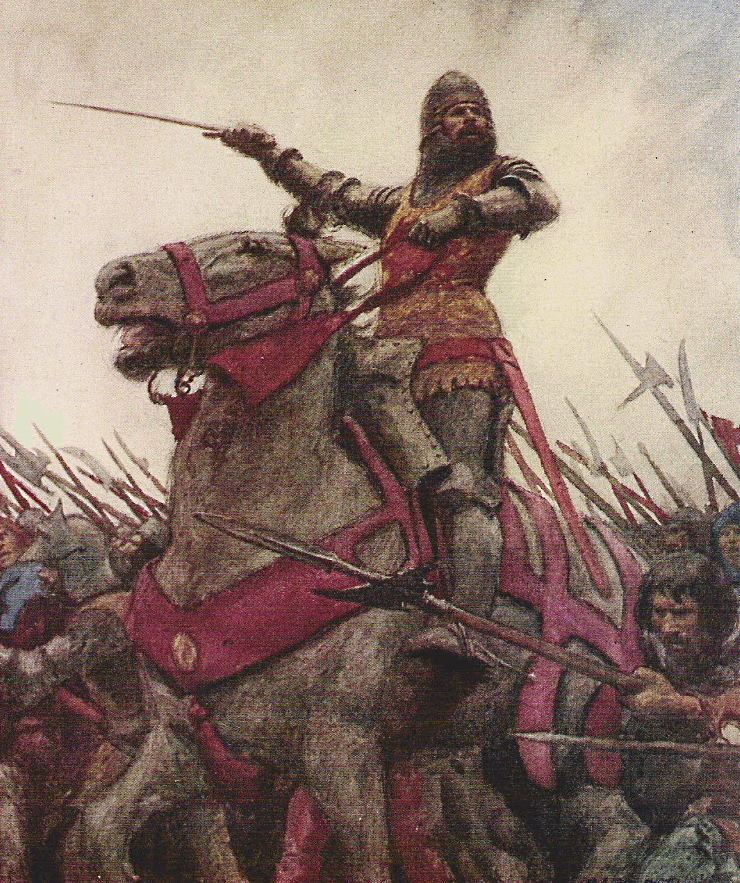
Now the Percy family were duly riled by the king and chose to turn their backs on him, launching a concerted effort against Henry and forming an unlikely alliance with their former enemy, the self-proclaimed Welsh Prince, Glendower.
Accused of perjury by the Earl of Northumberland and the Earl of Worcester, the king gathered together an army that would face the rebels on 21st July 1403.
The battle was decisive and proved victorious for the king, who managed both to defeat and kill Hotspur and to have the Earl of Worcester executed. The battle itself was savage and in terms of medieval warfare marked an important moment for the use of the longbow. In fact, Henry’s own son, Henry of Monmouth was wounded in battle, taking an arrow to his face. Nevertheless, a royalist victory was declared.
The battle drew to a close with only the Earl of Northumberland spared. However he was stripped of his ownership of estates and the honours which had been bestowed on him. The Percy family’s challenge to the crown had been summarily defeated.
Nevertheless, the desire to see Henry overthrown still burned brightly in the sentiment of many, including Glendower and the spared Earl of Northumberland.
Only two years later, they would hatch another plan alongside Edmund Mortimer and the Archbishop of York, Richard Scrope. The plan they formed together was an ambitious one, a task that would involve dividing the spoils of England and Wales between them, an agreement known as The Tripartite Indenture.
The surreptitious plan was scuppered by Henry who launched decisive action against his enemies with the Earl of Northumberland fleeing to Scotland whilst Mortimer fled to Wales. Those that did not get away were subsequently rounded up and punished for their crimes with execution.
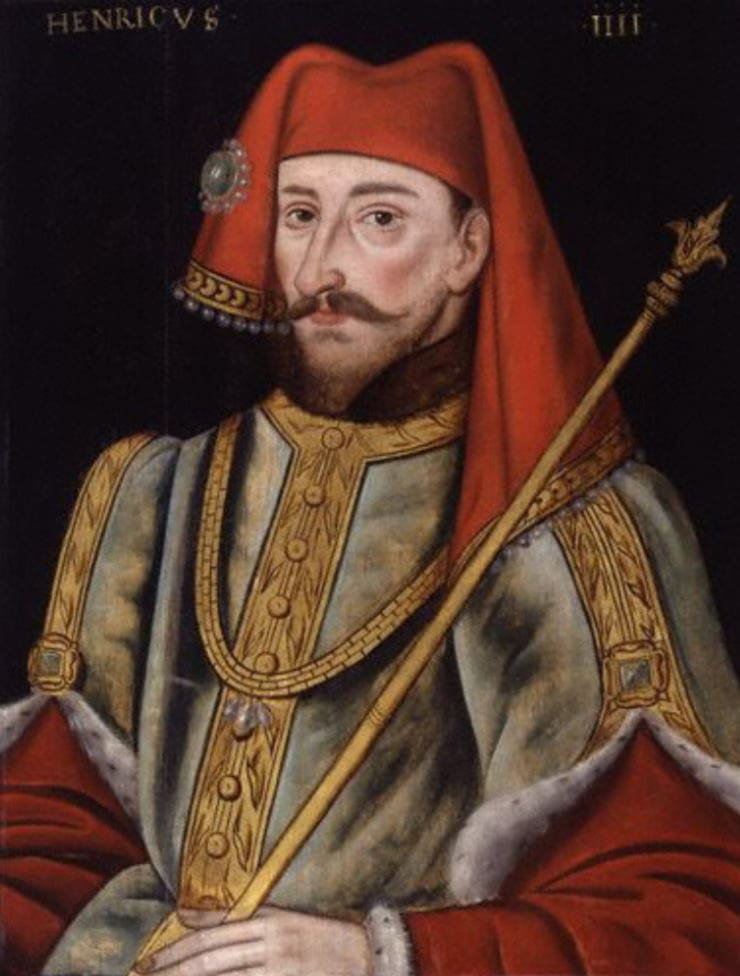
Finally in 1408, one of Henry’s greatest challengers, Henry Percy, Earl of Northumberland was killed in the Battle of Bramham Moor. King Henry’s opposition had finally been overcome and his enemy’s head was to be displayed at London Bridge signally the monarch’s victory.
Whilst Henry’s achievements fending off domestic challenges had finally started bearing fruit, Henry also had to deal with Scottish border raids and the ongoing conflicts which would consistently arise with France.
In 1402, following the Battle of Homildon Hill Scottish border raids would be quashed for around another hundred years. The twelve year old King James I of Scotland was captured and would remain an English prisoner for almost two decades.
Back in Wales, the English royalist forces slowly but surely gained the upper hand and ebbed away at Welsh resistance, culminating in the fall of Harlech Castle in 1409.
All that was left was for the infamous “Prince of Wales”, Owen Glendower, was to flee as a fugitive, ending his life in mystery.
Meanwhile, back at the palace, the practicalities of fighting rebellions and wars on so many fronts, began to make their mark. Henry needed parliamentary grants and soon the important balance of power he needed to maintain support from parliament proved more problematic when accusations of fiscal mismanagement were levelled at him.
Henry had faced many challenges and despite the successful defeat of rebellions and the crushing of plots against him, the continuous battle to remain on the throne began to take its toll. Ill-health would impact his later years and as he continued to deteriorate, so would his relationships.
In particular, Henry’s relationship with his own son, the future Henry V became strained, especially when there was talk of his abdication. Moreover, power struggles between the Archbishop of Canterbury against the faction supporting his son, Prince Henry, dominated proceedings.
Such struggles however had become too much for a world weary king and in March 1413, the first Lancastrian King, Henry IV passed away.
His reign was difficult, continually challenged and questioned.
Best summarised by Shakespeare’s play about Henry IV:
“Uneasy lies the head that wears a crown”.
Jessica Brain is a freelance writer specialising in history. Based in Kent and a lover of all things historical.
Published: January 11, 2021.
